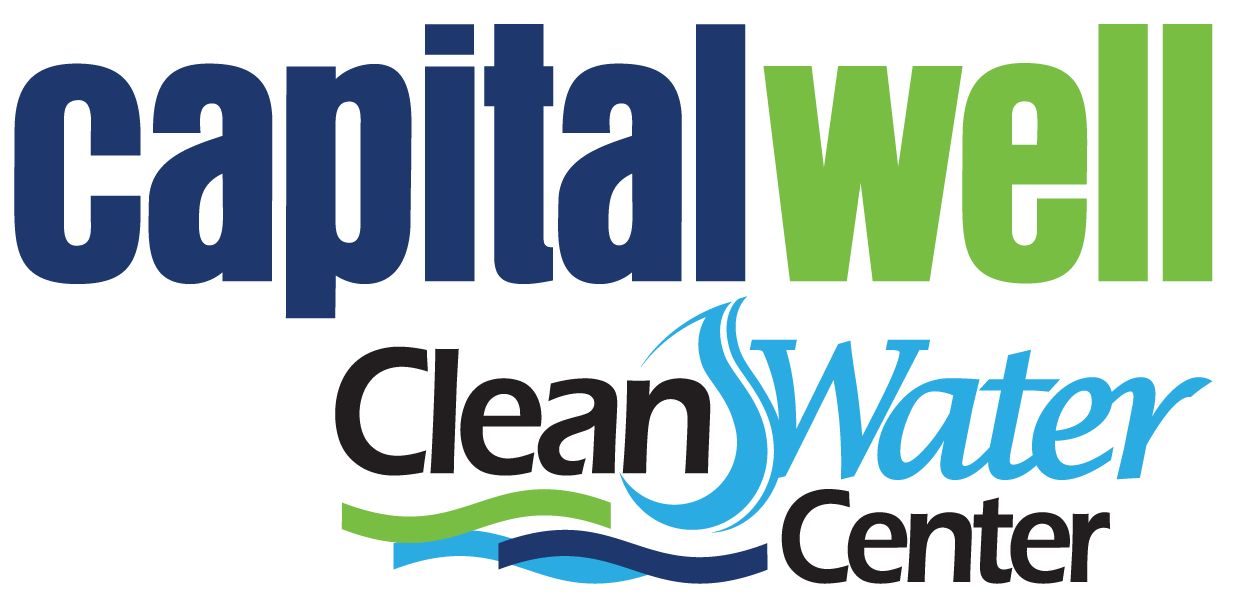With over 15 million households in the U.S. getting their drinking water from private wells, it’s important to know which contaminants can enter well water systems. Fortunately, most wells are built to prevent contamination. But contamination can still occur, and this can be dangerous. One common contaminant seen in well water is iron. So let’s take a closer look at how iron can enter well water and what homeowners can do about it.
How Does Iron Enter Well Water?
Unfortunately, it can be pretty easy for iron to enter drinking water. One common way that iron can enter water is through seepage — rain water, melted snow, or runoff water from the road can seep into the soil and enter into the well water. Contamination is often seen through this method in well water. Additionally, if a home has iron plumbing systems, iron can enter water as the pipes corrode. When corrosion begins, bits of iron enter the water, which is then used in the home. Fortunately, drinking water with iron in it has very few health effects, as humans need iron. But excessive iron can cause problems around the home
The Importance of Filtering Your Drinking Water
There are a few problems with iron in water. First, excessive iron can make food and drinks have a metallic taste, especially for foods cooked in well water for long periods of time. Along with food and drink having a bad taste, homeowners could begin to see orange or reddish stains in their bathtubs, sinks, and toilets. And when too much iron water is run through appliances, it can actually lead to clogging and damages.
Fortunately, working with well water companies to find the right filtration system can prevent these problems. Removing iron from water can be easy. First, homeowners should schedule a water test so well water companies can determine exactly which water impurities are present. After that’s established, a water filtration system can be installed to ensure only clean and safe water is making it into the home.
Hopefully, this article helped you better understand iron in drinking water. If your home runs on well water, make sure to schedule water testing today.
